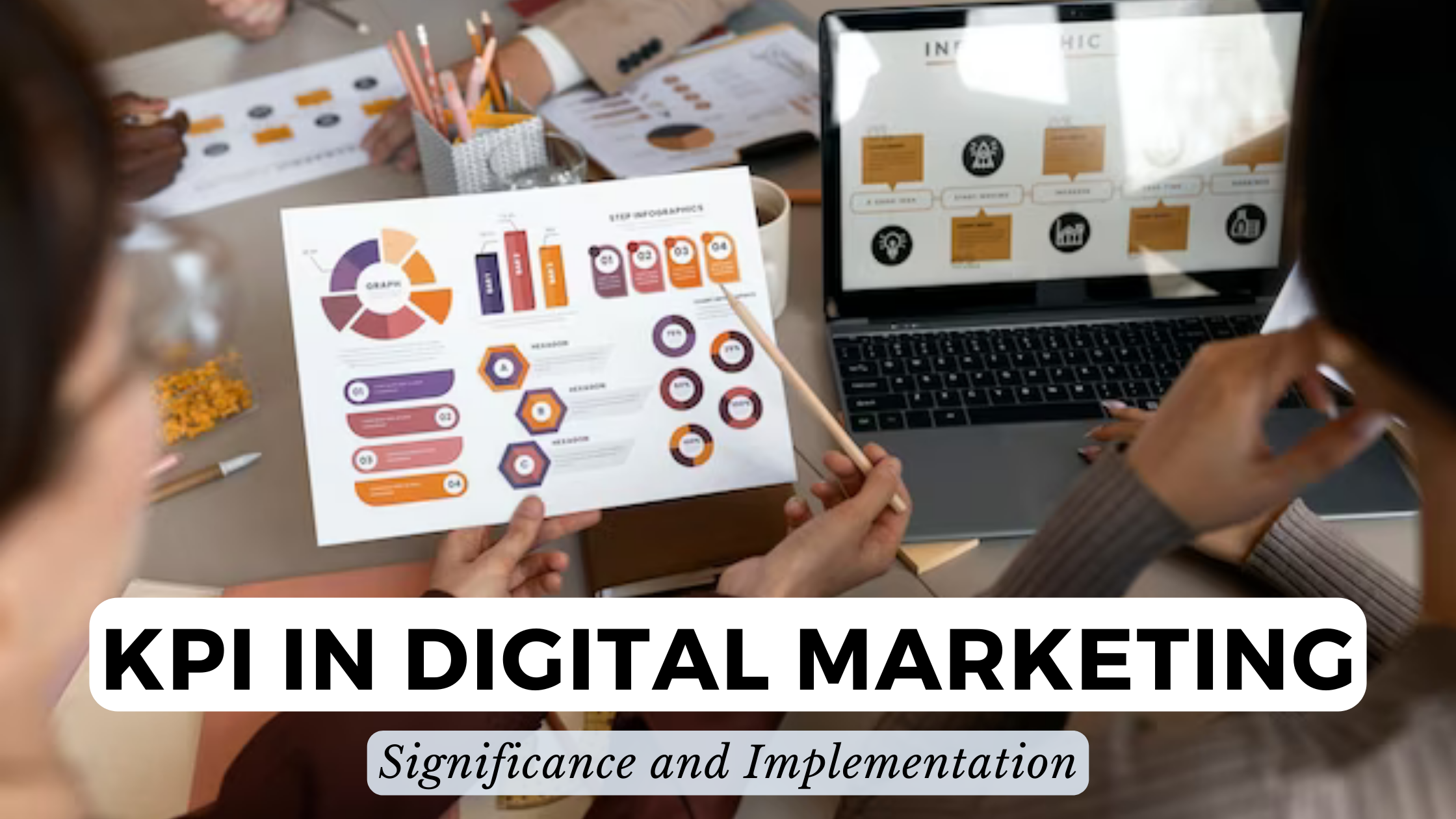KPI in Digital Marketing: Significance and Implementation
- Conversational Marketing Software SEO Software Affiliate Marketing Software Marketing Tools


KPI in Digital Marketing: Significance and Implementation
In the ever-evolving landscape of digital marketing, Key Performance Indicators (KPIs) play a pivotal role in assessing the effectiveness of strategies and campaigns. Understanding the significance of KPIs and implementing them strategically is essential for businesses aiming to thrive in the competitive online space. Let’s delve into the world of KPIs and explore how they can be harnessed for digital marketing success.
The Essence of KPIs in Digital Marketing
Defining KPIs:
KPIs are quantifiable metrics that gauge the performance and success of specific objectives. In digital marketing, they serve as benchmarks, providing insights into various facets of a campaign, from brand awareness to conversion rates.
Significance of KPIs:
- Measuring Progress: KPIs provide a clear view of progress towards marketing goals.
- Data-Driven Decision Making: They enable marketers to make informed decisions based on real-time data.
- Optimizing Strategies: KPIs help identify what works and what needs improvement, allowing for strategic adjustments.
Implementing KPIs in Your Digital Strategy
1. Google Analytics: Unveiling Website Insights
Google Analytics is a cornerstone for digital marketers. Implementing KPIs like website traffic, conversion rates, and bounce rates can unveil invaluable insights into user behavior. By analyzing these metrics, marketers can refine their strategies for optimal performance.
2. HubSpot: Streamlining Inbound Marketing
For businesses focusing on inbound marketing, HubSpot offers a suite of tools to track KPIs related to lead generation, customer engagement, and content performance. It provides a holistic view of your marketing funnel.
3. SEMrush: Unraveling SEO Effectiveness
SEO is a cornerstone of digital success. SEMrush allows businesses to monitor KPIs such as keyword rankings, organic traffic, and backlink profiles. Implementing these metrics ensures a robust SEO strategy.
4. Buffer: Social Media Engagement Metrics
For effective social media marketing, Buffer aids in tracking KPIs like engagement rates, click-through rates, and follower growth. This information is vital for optimizing content and posting schedules.
Conclusion: Leveraging KPIs for Digital Dominance
In the dynamic realm of digital marketing, embracing and implementing KPIs is not a choice but a necessity. Businesses that strategically incorporate these metrics into their campaigns gain a competitive edge by staying agile and responsive to market trends. The significance of KPIs lies not just in measuring success but in fueling continuous improvement.
Elevate your digital marketing game by exploring exclusive SaaS deals on Subscribed.FYI. Sign up for free to access secret deals on 100+ SaaS tools, offering substantial savings that can enhance your marketing stack and drive better KPI results.
Related Links:








